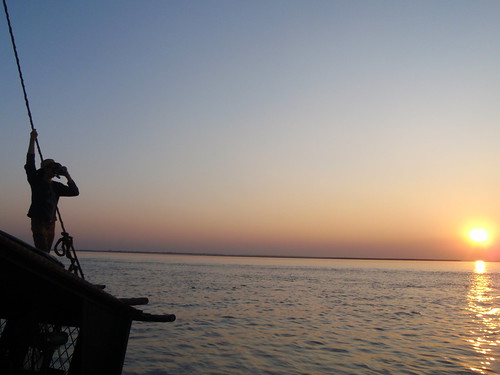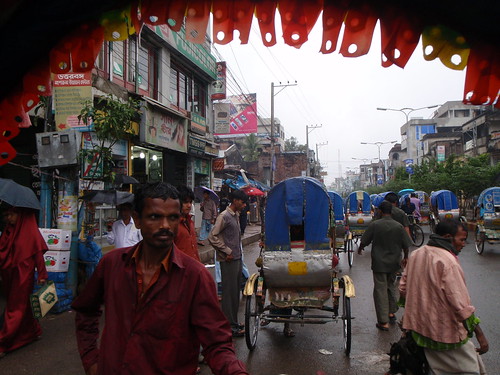Shipbreaking has been in the news a lot lately. This week, the International Maritime Organization (IMO) is holding a conference in Hong Kong, to consider adopting the new international convention for the safe and environmentally sound recycling of ships. This new convention would require new ships to be built with a minimal amount of hazardous materials and require older ships to be broken down in yards that meet environmental standards. It is also expected to place measures to reduce explosions and other accidents as well ensuring workers are properly trained and provided with safety equipment.
Critics are saying the proposed convention will be a step back from current regulations in place by the Basel Convention; favouring industry at the expense of workers and the environment. The Basel Convention prohibits the trans-boundary movement of hazardous wastes, and wants to end the use of beaches to scrap ships. The IMO Convention undermines the environmental protections provided by the Basel Convention; in other words, these two UN bodies are at odds with one another.
While the IMO convention does not address pre-cleaning of ships, or how their proposed measures would be put in place, monitored, or enforced, I also cannot completely see how the Basel Convention could realistically put an end to the use of beaches. There are simply not enough dry-dock facilities in the world to meet the number of aging ships, and even if we build them in beaching nations, aren’t we back to the initial problem? The expense of dismantling ships in a dry dock will make it economically unfeasible to dismantle ships for the recycled steel.
Two months ago the High Court of Bangladesh, following a legal challenge by Bangladesh Environmental Lawyers Association (BELA), declared all shipbreaking operations in Bangladesh to be illegal, and called for all incoming ships to be pre-cleaned of toxic materials prior to import. All 36 yards were to be shut down in two weeks unless they complied with international environmental regulations. This led to the Director of BELA, Rizwana Hasan, winning a Goldman Environmental Prize, aka “Green Nobel Prize”. It also led to a demonstration of 10,000 shipbreakers in Chittagong forming a human chain on the Dhaka-Chittagong highway, protesting BELA for putting them out of the one job they have to put food on the table.
Despite all the drama, the shipyards that were supposed to be shut down six weeks ago are still in business. In fact, due to the global economic situation, shipbreaking is on a roll. Cargo ships cost money to sit empty, so it is better for shipowners to scrap some of their older fleet; three times the tonnage of 2007 was scrapped in 2008. Shipyard owners in Bangladesh appealed against the court order (I think reasons included not having any industry representative present during the ruling) and the court has stayed the order for an indefinite period. The High Court ordered the Bangladesh Department of Environment to formulate rules for the ship breaking industry in line with Basel Convention within 30 days (not sure how long ago that was now) and advised shipyard owners to start the process of obtaining environmental clearance from the Department of Environment.
Then of course there are those entrepreneurs out there who can always see opportunities in any situation. Siba Ships are planning to combine the present economic situation with the IMO convention by raising money to buy current cheap vessels and recycle them at the few green facilities that do exist. Then sell the scrap steel after prices rise when the economy is better. All this business jargon then starts to confuse me, so here is a link to the article for those who are interested: Siba Ships article.
All of this will be interesting to follow over the next few weeks, and I will post new information as it is available.


